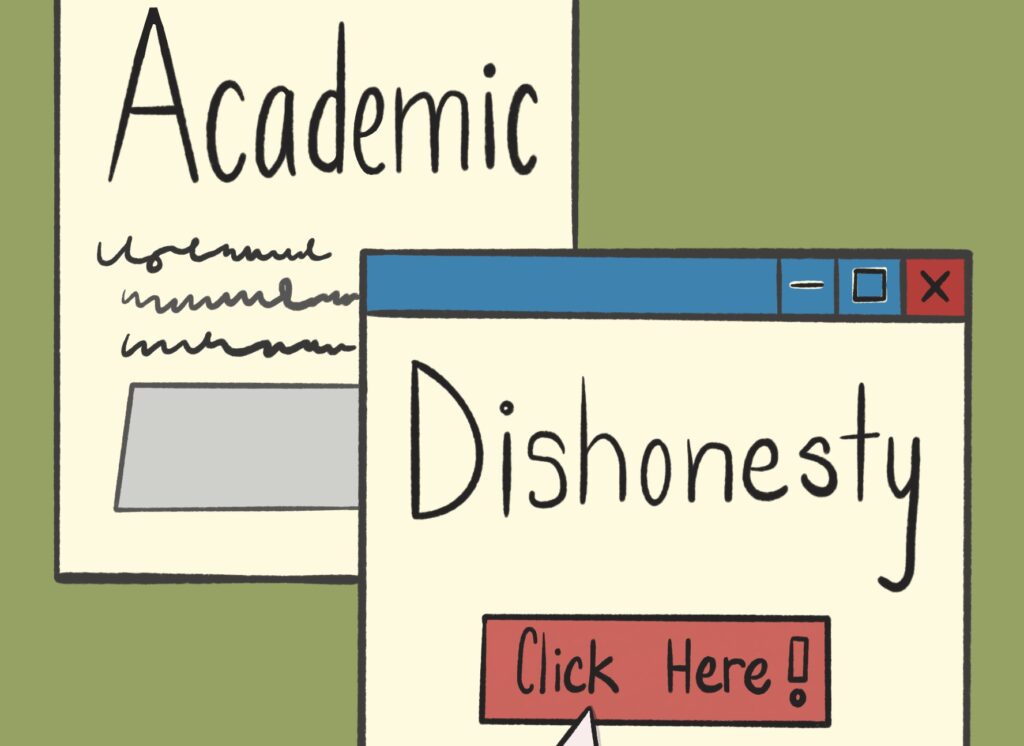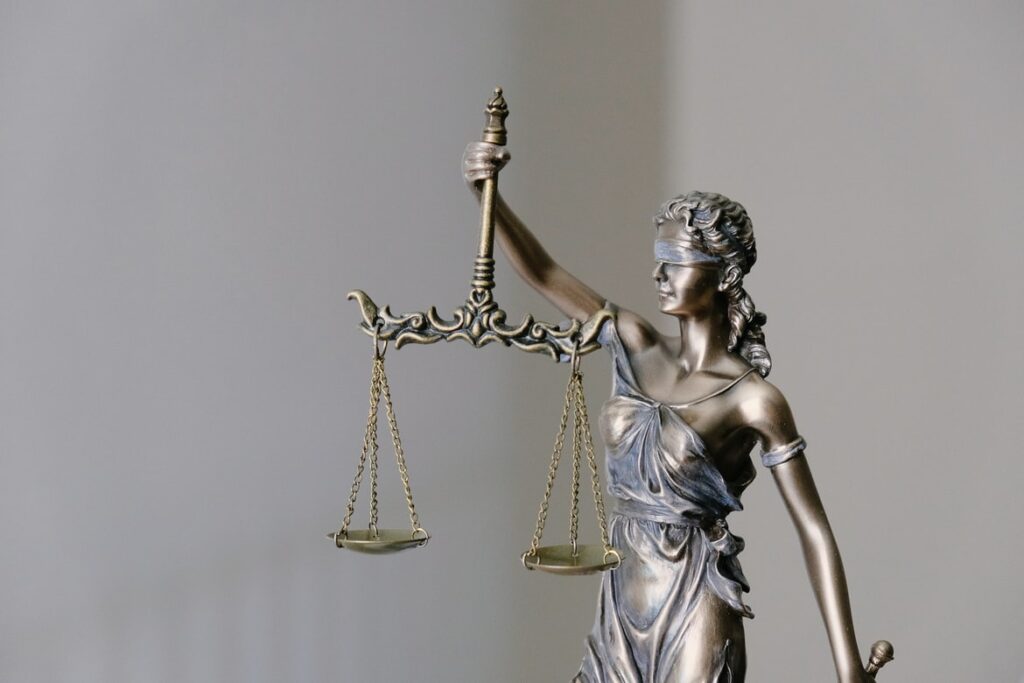Academic integrity is highly prized in all phases of a student’s career. Especially in higher education, the standards of academic integrity are raised manifold.
Unfortunately, when students fail to meet these standards, they are accused of what is called academic misconduct. When proved, these charges can mark the end of one’s academic career.
Therefore, one needs to understand the nuance of academic misconduct to plan for the defense of oneself or a loved one in such cases.
Breaking down academic misconduct into simple terms
Simply put, academic misconduct is anything that violates the guidelines established by the school. Though the guidelines slightly vary across campuses, the violations are considered seriously, nevertheless.
The common forms of academic misconduct include plagiarism and cheating. Other unfortunate events include forging a professor’s signature on a recommendation, using unauthorized material in an exam, etc.
However, there are also cases of misconduct arising out of ignorance of the school’s rules. For instance, students indulge in distributing lecture notes without prior approval or submitting the same assignment to different professors. This lands them in trouble.

What are the ramifications of academic misconduct in the United States?
The higher education institutions take stringent action in cases of academic misconduct.
The negative sanctions range from suspension, dismissal, hefty penalties, and even expulsion. It makes earning a college degree doubtful for the student.
Further, a mark of academic misconduct makes one ineligible to sit for exams like the bar examination all across the United States. Careers in research and teaching make it mandatory to have a spotless academic record.
Moreover, academic misconduct charges create a dent in the profile of those aspiring for reputed job opportunities. For instance, chances of success in obtaining higher positions in government or military enlistments get slimmer due to the misconduct remarks.
Finally, the social and emotional pressure from academic peers due to the charges makes the student distressed and vulnerable. It is important to have a strong legal defense to fight the school’s decision.

What happens if you have academic misconduct allegations?
The school will inform you about the allegation and ask you to accept or deny it. They may investigate the case by enquiring about you to professors and classmates.
Once the investigation is over, there will be a disciplinary hearing to defend your stand. The board present at the hearing will consist of faculty, non-faculty staff, and a student representative.
You can represent yourself or take the help of an attorney. Since an academic misconduct disciplinary hearing is not the same as a trial where the accused will have more legal rights, it is better that you hire an attorney to defend your case.
If you hire an attorney immediately after you become aware of an allegation against you, the attorney will help you strategize a fault-proof defense plan.
For this, the lawyer may ask you to remember even minor details of the incident where you got caught for misconduct. This step is crucial as it can help the attorney find a loophole to let you off the misconduct allegation.

How can an academic misconduct lawyer help?
An academic misconduct lawyer specializes in the area of academic discipline litigation. He/she comes with vast knowledge of school procedures, legal issues, and academic traditions. The legal counsel helps the student understand the arcane school rules.
The experienced attorney can skillfully build arguments to aggressively defend the student. The diplomatic negotiations can help in securing fair treatment in terms of starting afresh elsewhere.
Concluding thoughts
Academic misconduct is a serious issue jeopardizing the academic careers of students across American school campuses. Hence, understanding it and seeking professional legal help is highly recommended.

